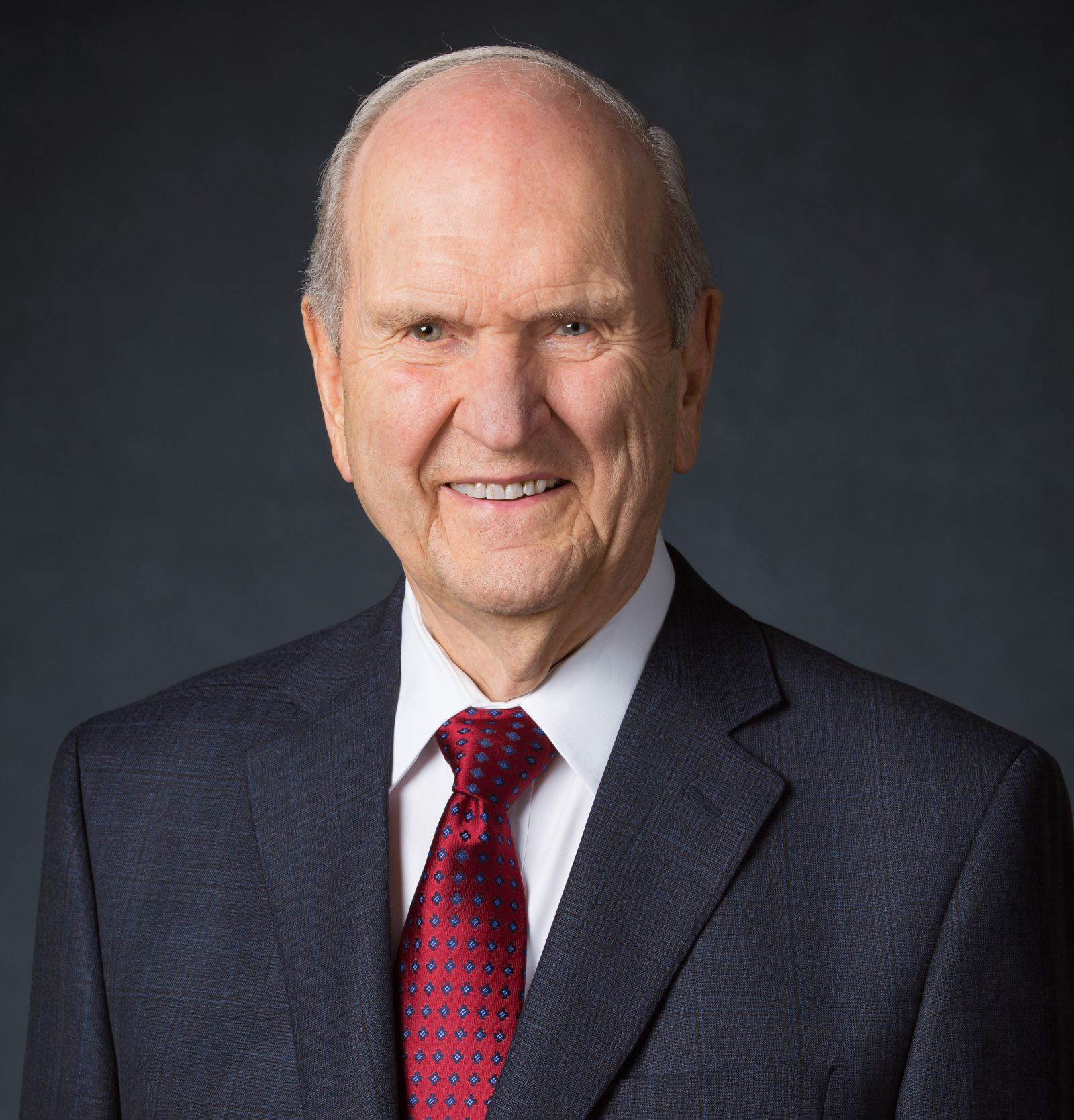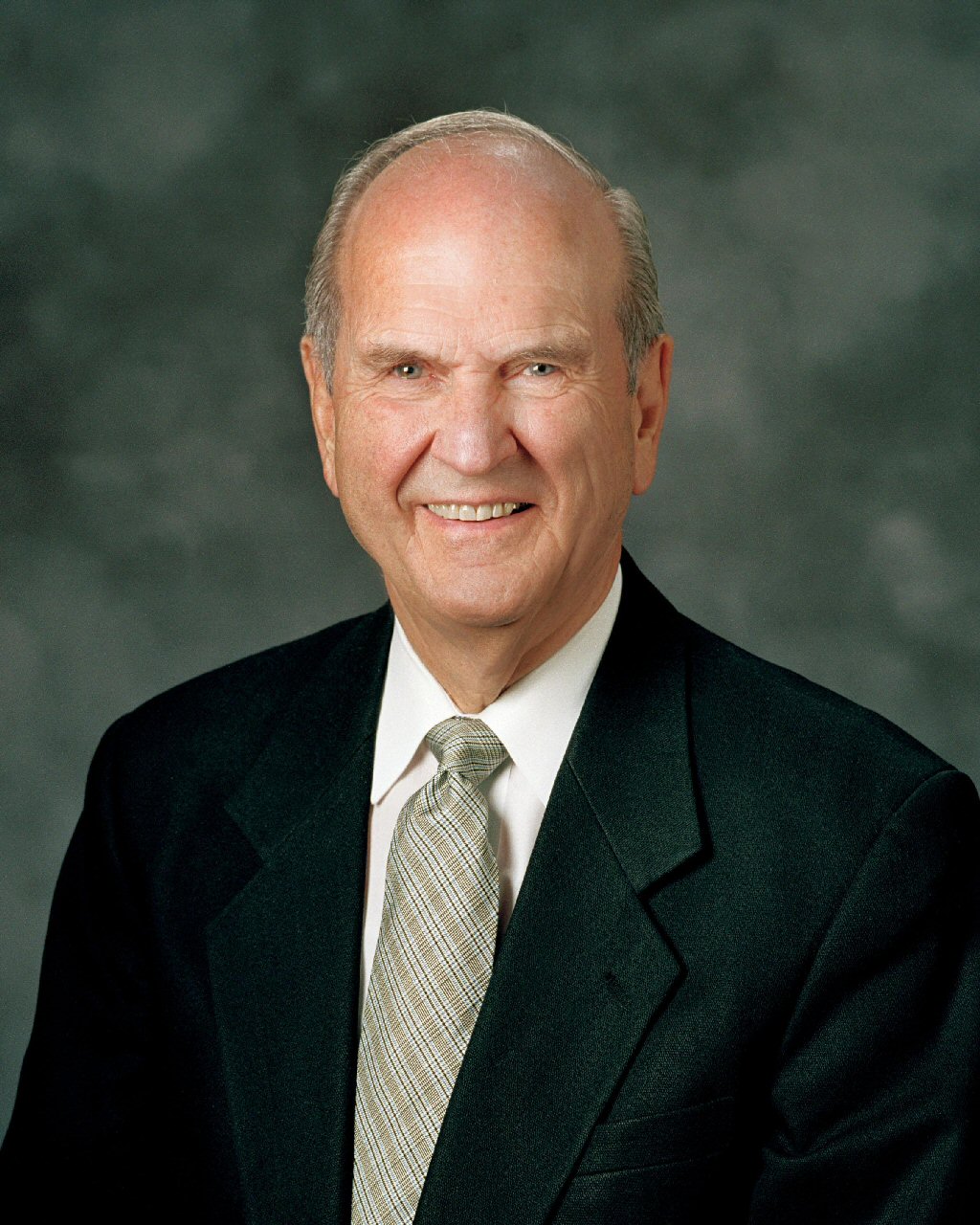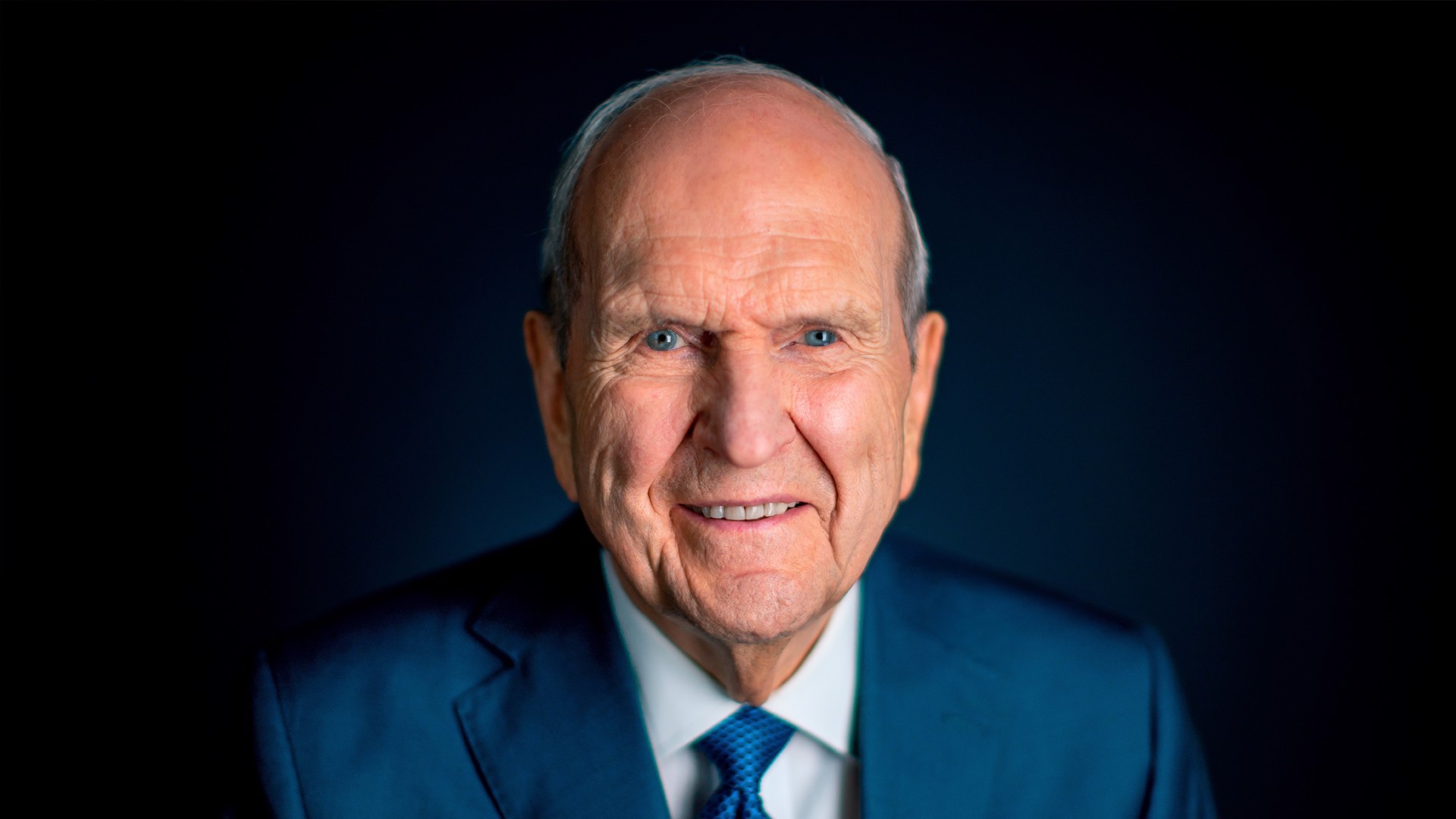There’s something extraordinary about Nelson Mandela that has captured the world’s imagination for decades. This isn’t just about his role as a president; it’s about how he redefined leadership, unity, and reconciliation. As we dive deeper into his legacy, it’s important to recognize how President Nelson Mandela transformed not only South Africa but also the global perception of what it means to lead with integrity and courage. His name alone carries the weight of history, and understanding his journey is crucial for anyone who wants to learn about true leadership.
Now, you might be thinking, “Why does Nelson Mandela matter today?” Well, his story transcends time because it’s not just about the past—it’s about the lessons we can apply to our present and future. From fighting apartheid to becoming the first Black president of South Africa, his life is a testament to resilience, forgiveness, and hope. Whether you’re a history buff, a student, or someone curious about global leaders, Nelson Mandela’s journey will leave you inspired.
So, buckle up, because this isn’t just a story about a man—it’s a story about humanity. We’ll explore his presidency, his challenges, his triumphs, and the lasting impact he left on the world. By the end of this article, you’ll have a deeper appreciation for why Nelson Mandela remains one of the most iconic figures in modern history. Let’s get started!
Read also:Corey Epstein The Rising Star In Music And Entertainment
Table of Contents
- Nelson Mandela's Biography
- The Presidency of Nelson Mandela
- Legacy of President Nelson
- Challenges Faced by Nelson Mandela
- Leadership Style of Nelson Mandela
- Global Impact of Nelson Mandela
- Key Achievements During Presidency
- Famous Quotes by Nelson Mandela
- Personal Life of Nelson Mandela
- Conclusion and Final Thoughts
Nelson Mandela's Biography
A Look at the Early Life of Nelson Mandela
Before we dive into his presidency, let’s rewind and take a look at the man behind the legend. Nelson Rolihlahla Mandela was born on July 18, 1918, in Mvezo, a small village in the Eastern Cape of South Africa. Growing up in a humble environment, he quickly showed signs of leadership and intellect. His father, Gadla Henry Mphakanyiswa, was a chief, which influenced Mandela’s early understanding of leadership and justice.
Interestingly, Mandela wasn’t always known as “Nelson.” His birth name, Rolihlahla, means “troublemaker” in Xhosa. It wasn’t until he started school that his teacher gave him the name “Nelson,” following the tradition of assigning English names to students at the time. Who knew that this “troublemaker” would grow up to be one of the most respected leaders in history?
Education and Early Activism
Mandela’s educational journey took him through various institutions, including the University of Fort Hare, where he studied law. It was during this time that he became involved in anti-apartheid activism. Apartheid, a system of institutionalized racial segregation, was the norm in South Africa, and Mandela couldn’t stand by and watch injustice prevail.
Joining the African National Congress (ANC) in 1943, Mandela quickly became a key figure in the fight against apartheid. His activism wasn’t just about protests; it was about challenging the system through strategic planning and legal action. By the 1950s, Mandela was already making waves, but his path was far from easy.
The Presidency of Nelson Mandela
Fast forward to 1994, and Nelson Mandela became the first Black president of South Africa. This wasn’t just a victory for him; it was a victory for millions of South Africans who had suffered under apartheid. His presidency marked a turning point in the country’s history, symbolizing hope and reconciliation.
As president, Mandela focused on rebuilding the nation. He established the Truth and Reconciliation Commission (TRC) to address the atrocities committed during apartheid. This commission allowed victims and perpetrators to share their stories, paving the way for healing and forgiveness. It wasn’t perfect, but it was a bold step toward unity.
Read also:Lisa Bbq A Culinary Journey You Cant Miss
Legacy of President Nelson
How Nelson Mandela Changed the World
When we talk about Nelson Mandela’s legacy, we’re not just talking about his presidency. We’re talking about the ripple effect of his actions. His commitment to reconciliation and human rights has inspired movements across the globe. Countries facing similar challenges have looked to Mandela’s approach as a blueprint for change.
One of the most remarkable aspects of his legacy is his emphasis on forgiveness. In a world where revenge often seems like the only option, Mandela showed us that forgiveness is not a sign of weakness but a sign of strength. His ability to forgive those who imprisoned him for 27 years is nothing short of extraordinary.
Symbol of Hope and Unity
Beyond his political achievements, Mandela became a symbol of hope and unity. His message resonated with people from all walks of life, proving that leadership is about more than power—it’s about connecting with people on a human level. Whether through his speeches, actions, or simply his presence, Mandela reminded us of the power of compassion and understanding.
Challenges Faced by Nelson Mandela
Of course, Mandela’s journey wasn’t without its challenges. From facing imprisonment to dealing with political opposition, he encountered numerous obstacles. But what set him apart was his ability to persevere. Even during his 27-year imprisonment, he remained steadfast in his beliefs, knowing that his fight was far from over.
One of the biggest challenges he faced during his presidency was balancing the needs of different communities. Rebuilding a nation divided by decades of apartheid was no easy task. However, Mandela’s leadership style allowed him to navigate these challenges with grace and determination.
Leadership Style of Nelson Mandela
What Made Nelson Mandela a Great Leader?
If there’s one thing we can learn from Nelson Mandela, it’s that great leadership isn’t about being perfect—it’s about being authentic. Mandela’s leadership style was characterized by empathy, humility, and a willingness to listen. He understood that leadership isn’t about commanding others; it’s about serving them.
Another key aspect of his leadership was his ability to unite people. In a country divided by race and politics, Mandela brought people together through his vision of a rainbow nation. His leadership wasn’t about dividing lines; it was about erasing them.
Lessons in Leadership from Nelson Mandela
- Empathy: Understand the struggles of others and work toward solutions.
- Forgiveness: Let go of resentment and focus on moving forward.
- Unity: Bring people together rather than driving them apart.
- Perseverance: Stay committed to your goals, even in the face of adversity.
Global Impact of Nelson Mandela
Nelson Mandela’s influence extended far beyond South Africa’s borders. His fight against apartheid and his commitment to human rights inspired movements around the world. From civil rights activists in the United States to freedom fighters in other parts of Africa, Mandela’s message of hope and reconciliation resonated globally.
His global impact was also evident in the numerous awards and honors he received, including the Nobel Peace Prize in 1993. These accolades weren’t just about recognizing his achievements; they were about acknowledging the universal values he represented.
Key Achievements During Presidency
During his presidency, Nelson Mandela accomplished several key milestones. Here are just a few:
- Establishment of the Truth and Reconciliation Commission.
- End of apartheid and promotion of racial equality.
- Focus on education, healthcare, and housing for all South Africans.
- Strengthening South Africa’s international relations.
Each of these achievements played a crucial role in shaping the future of South Africa. They were a testament to Mandela’s vision of a nation where everyone could thrive.
Famous Quotes by Nelson Mandela
Nelson Mandela’s words have the power to inspire and motivate. Here are some of his most famous quotes:
- “It always seems impossible until it’s done.”
- “The greatest glory in living lies not in never falling, but in rising every time we fall.”
- “Education is the most powerful weapon which you can use to change the world.”
- “For to be free is not merely to cast off one’s chains, but to live in a way that respects and enhances the freedom of others.”
These quotes remind us of the importance of perseverance, education, and freedom. They’re more than just words; they’re a call to action.
Personal Life of Nelson Mandela
Nelson Mandela's Family and Relationships
Beyond his public persona, Nelson Mandela was also a family man. He was married three times and had six children. His personal life wasn’t without its challenges, but he always prioritized his family. Even during his imprisonment, he maintained close relationships with his loved ones, writing letters and staying connected.
Here’s a quick look at some key aspects of his personal life:
| Fact | Details |
|---|---|
| Spouses | Evelyn Mase, Winnie Madikizela-Mandela, Graça Machel |
| Children | 6 children |
| Hobbies | Reading, boxing, and gardening |
Life After Presidency
After stepping down from the presidency in 1999, Mandela continued to be an active voice for social justice. He founded the Nelson Mandela Foundation, which focused on promoting his vision of a just society. Even in retirement, he remained committed to making the world a better place.
Conclusion and Final Thoughts
As we wrap up this journey through the life and legacy of Nelson Mandela, it’s clear that his impact will continue to be felt for generations to come. From his fight against apartheid to his presidency and beyond, Mandela showed us what it means to lead with integrity and compassion.
So, what can we take away from his story? For starters, we can learn the importance of perseverance, forgiveness, and unity. We can also recognize the power of education and the importance of standing up for what’s right, even when it’s difficult.
Now, it’s your turn. Share your thoughts in the comments below. What do you think we can learn from Nelson Mandela’s life? And how can we apply those lessons to our own lives? Don’t forget to share this article with your friends and family. Together, let’s keep the legacy of Nelson Mandela alive. Cheers, fam!


